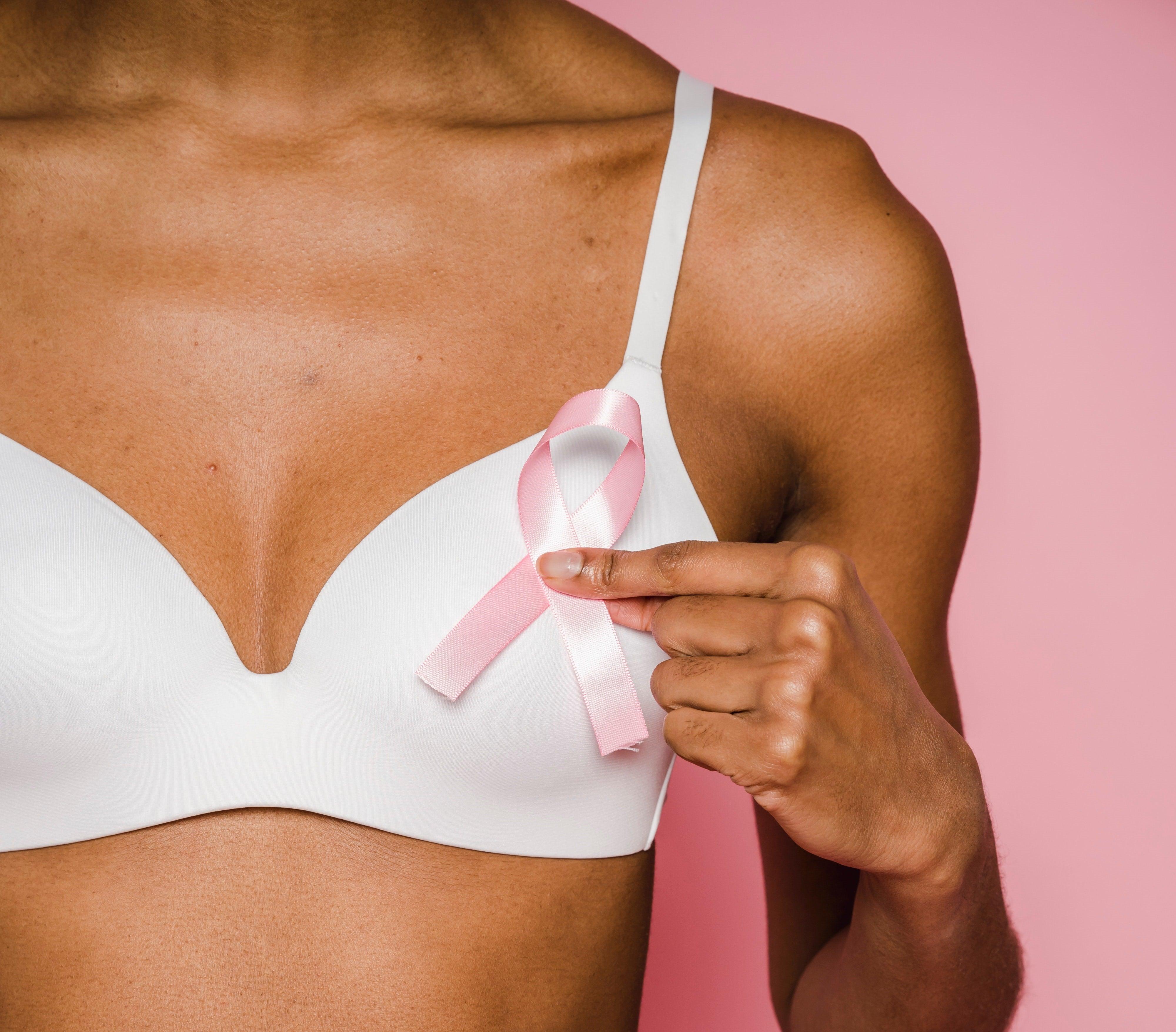10 Things to Know About Menopause
Hi ladies! October is Menopause Awareness Month, so let’s shed some light on the topic of what happens during menopause that’s often swept under the rug.
What is menopause?
First of all, what is menopause?! It’s the natural decline of our reproductive hormone level as we approach our late 40s-50s.
This is a natural part of the aging process. As we age, so do our eggs, once our egg reserve is diminished, we stop ovulating. Without ovulation, we don’t get the same fluctuation of hormones we do during our reproductive years with our menstrual cycles.
So once ovulation stops, most of our hormonal production does as well.
How do I know if I’m in menopause?
Menopause happens after you haven’t had a period or ovulation in 12 months. If you have a menstrual period at any point within that 12 months, you are technically not in menopause.
There are three stages of menopause. Perimenopause, menopause, and postmenopause.
This is when your ovaries start to slow down, ovulation may not be happening every month like it used to.
This is when you hear about symptoms like hot flashes, night sweats, mood changes, dry skin, vaginal dryness and irritation, sleep issues and insomnia, low libido, and even hair loss.
When our ovaries stop ovulating, we stop producing a majority of our two main reproductive hormones, estrogen and progesterone.
BUT, the good news is that even though our ovaries go through hormonal changes and aren’t producing these hormones anymore, our adrenal glands are still making a tiny bit of those hormones to help out.
So when we support this process, we find that women can make the natural menopause transition with minimal symptoms!
How do I manage menopause?
Support your liver
- Your liver is a very hardworking organ that’s been processing everything in and around your environment since the minute you were born!
- It processes the air you breathe, everything you drink, what you put on your skin, the food you eat, the drugs and supplements you take… everything has to go through your liver! Including hormones.
- So if you can support your liver’s metabolic processes by giving it the appropriate nutrients it needs to do each of its biochemical processes, most women find they are mitigating a majority of menopausal symptoms like waking up at night, hot flashes, night sweats, and even the irritability/short temper!
- Your liver is tied to the emotion of anger. When your liver is under a lot of stress and feeling overwhelmed, you’ll notice you’re more irritable and hot (this applies to everyone, not just any menopausal woman!).
How can you support your liver?
B vitamins
- These are important coenzymes in the liver’s metabolic function of phase 1 and 2 liver metabolism.
- They are also needed for liver cell regeneration and repair, as well as energy function. Without sufficient B vitamins, the liver’s ability to extract energy from food can be impaired, leading to decreased energy production and liver dysfunction.
Hydration
- Do NOT underestimate what a well hydrated body is capable of. You will notice better general health, like more energy, a clearer mind, and less headaches and mood swings when you’re adequately hydrated.
- Everything your liver is metabolizing and processing gets sent out as water soluble waste to your skin (to come out as sweat), to your gut (to come out as poop), and your kidneys (to come out as urine).
- Lack of hydration is keeping these elimination pathways closed. You want to make sure your body is actually getting rid of everything your liver processed, otherwise, you’ll start to notice more hot flashes and night sweats as your body’s way of trying to eliminate this waste.
Cruciferous veggies
Cruciferous veggies, such as cauliflower and broccoli, contain various compounds that help with excretion of hormones.
- Sulforaphane has been shown to enhance the liver’s detox processes by activating specific enzymes in the liver that play a major role in metabolizing and eliminating excess hormones like estrogen.
- These veggies also support phase II detoxification in the liver. This is the phase of metabolism that neutralizes hormones and toxins and turns them from fat soluble into water soluble waste.
Support your adrenal glands
The adrenal glands have several functions for your endocrine system:
- Stress Response: They release stress hormones like cortisol and adrenaline in response to stress, helping the body to react swiftly to perceived threats. This is commonly referred to as the "fight or flight" response.
- Regulation of Metabolism: They produce hormones that regulate metabolism, such as cortisol, which influences blood sugar levels and helps the body use carbohydrates, fats, and proteins.
- Blood Pressure Regulation: Aldosterone, another hormone produced by the adrenal glands, helps regulate blood pressure by controlling salt and water balance in the body.
- Immune Function: Adrenal hormones play a role in modulating the immune response, helping the body defend against infections and diseases.
During menopause, the adrenal glands are even more important, because as we said earlier, they have to compensate for the lack of the ovarian production of hormones, particularly estrogen.
The adrenal glands produce small amounts of estrogen and androgens.
Support your adrenal glands:
- Healthy sleep habits are crucial for health adrenal function and circadian rhythm/energy levels.
Focus on low lights after dark to ensure healthy melatonin production
Make sure give yourself at least an hour without any screens before bed to make sure you’re winding down your nervous system and lowering cortisol levels
Add some breathing exercises, yoga, or other relaxing activities to help wind down for the night before bed and get into a parasympathetic state. This will help eliminate tossing and turning, AND the middle of the night waking.
Herbs are effective as a natural supplement for menopause to maintain your estrogen level and support adrenal glands. The pH-D® Feminine Health Holistic Menopause Support combines herbs like rhodiola and black cohosh to support your endogenous production of estrogen to minimize menopausal symptom as much as possible.
Manage your dryness and discomfort
As a result of a decline in estrogen, your skin starts to take a hit. You may notice itching, dry skin, and vaginal irritation.
Products like the pH-D® Feminine Health Boric Acid Moisturizing Suppositories are a natural solution to moisturize the vagina during menopause and alleviate vaginal dryness.
The pH-D® Feminine Health NEW Vaginal Moisturizing Gel ensures moisture renewal while improving the elasticity of the vagina. It contains boric acid, hyaluronic acid, and Vitamin E topromote the reduction of dryness and discomfort.
Menopause is a natural part of our life journey, and it doesn't have to be a dreaded one. With the right knowledge, support, and self-care strategies, you can navigate this phase with grace and resilience. Remember, you're not alone, and there are plenty of resources, products, and tips out there to help you embrace this new chapter of your life.
Let's approach menopause and menopausal transition with the confidence and strength we've shown in every other aspect of our lives.


